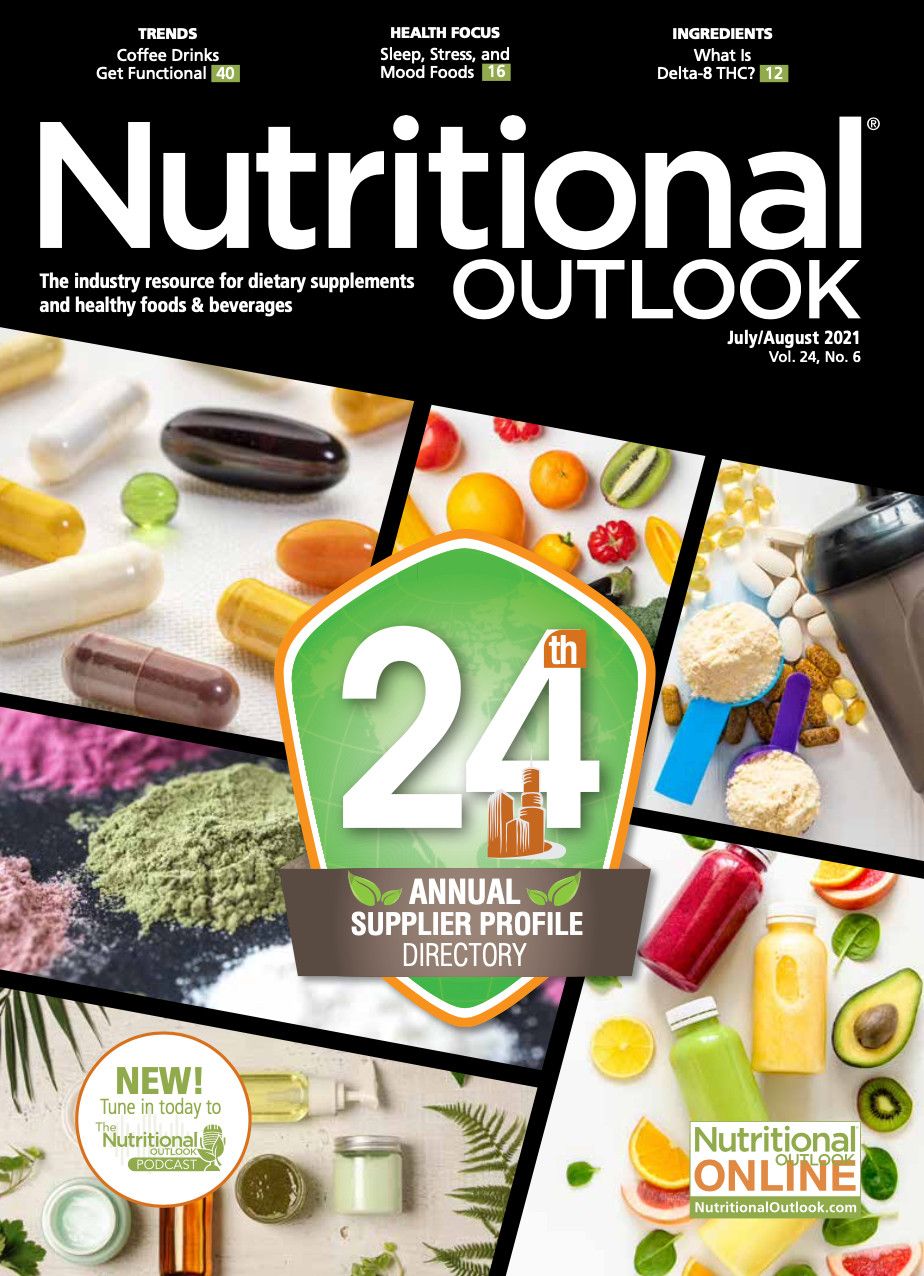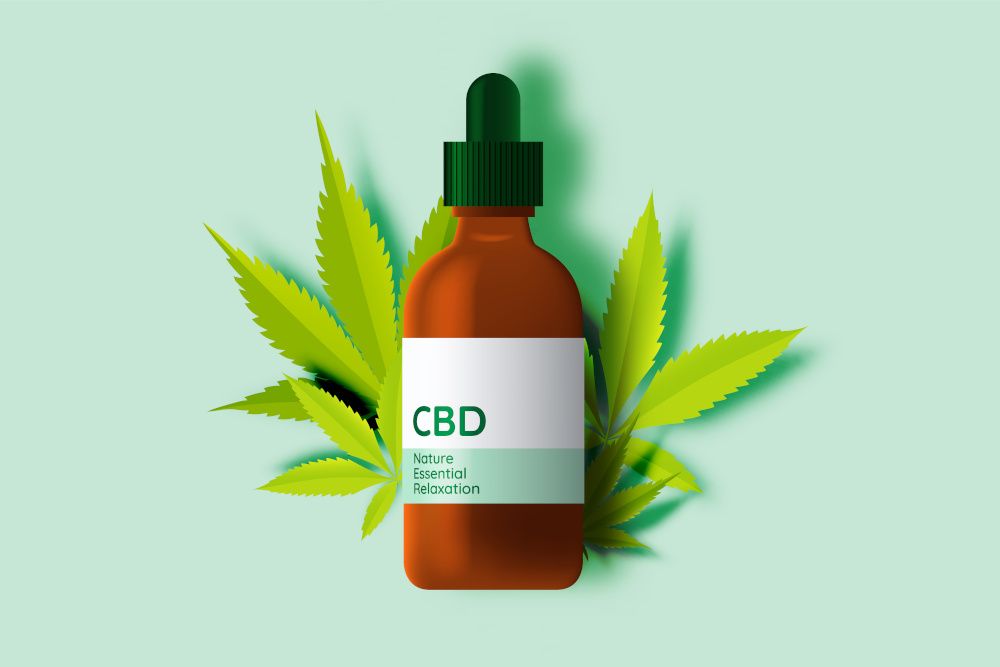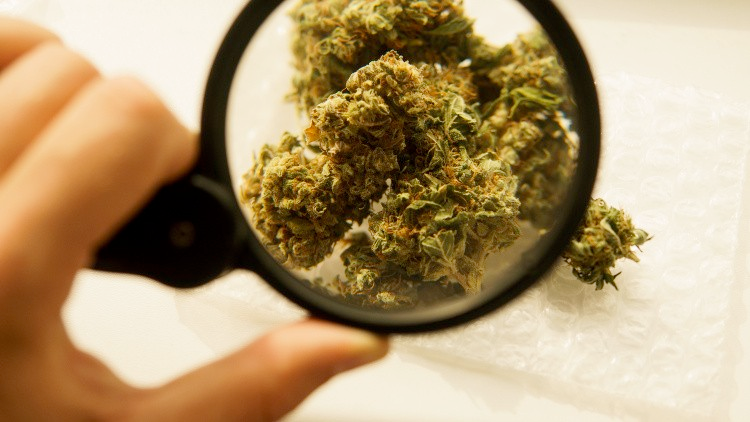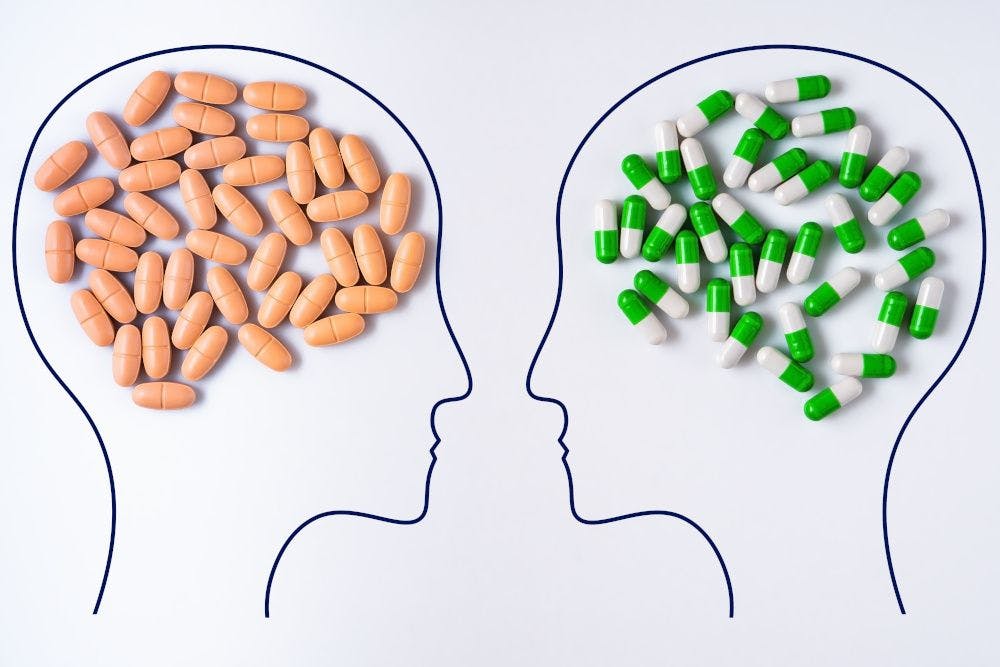CBD’s legal future: How can you plan for success now?
What can U.S. companies do now to prepare if CBD is legalized for dietary supplements? An expert advises.
“Are we almost there?” It’s the question U.S. hemp cannabidiol (CBD) and dietary supplement firms have been asking for years.
Whether CBD will become a legal dietary ingredient in the U.S. this year—or next year, or the year after that—has been a frustrating guessing game for stakeholders. Now, with legislative bills either introduced or reintroduced in the U.S. House of Representatives (“The Hemp and Hemp-Derived CBD Consumer Protection and Market Stabilization Act of 2021”) and the Senate (“Hemp Access and Consumer Safety Act”), plus the July news about draft legislation from Senate Majority Leader Chuck Schumer (D-NY) and other democratic senators, those hoping for CBD’s legalization in supplements are excitedly wondering whether this time around, change will actually come.
Even as they wait, there’s plenty companies can do now to prepare—and they should. Once CBD gets the green light, companies need to be able to implement their go-to-market plans quickly, says Ashish Talati, partner at Amin Talati Wasserman LLP (Chicago).
Talati was the inaugural guest of our brand-new The Nutritional Outlook Podcast. He discussed what his clients and others in industry have been doing to prepare.
“Companies should be reacting and acting right now,” Talati said in our interview. “Whether there is legislation sometime this year, or next year, I certainly think the momentum has been pushed. We have two active bills and possibly a third one, so certainly companies should be reacting to it. One of the things that will come out of this is: Does a company need to file New Dietary Ingredient (NDI) notifications for dietary supplements, or is there a Generally Recognized as Safe (GRAS) pathway for foods if [CBD] is allowed in the food supply?”
Safety studies are the basis of both NDI notifications and GRAS conclusions, so companies have little to lose by investing in those safety studies now, acting on the assumption that CBD will be legalized in the supplements market at some point. “Either GRAS or NDI—they’re safety conclusions,” Talati said. “The foundation will be the same.” Even if a company is waiting to file an NDI notification with FDA until CBD’s legal status is certain, completing those safety studies ahead of time is smart.
Safety studies, after all, take time to conduct. “Regardless of what they decide to do, certainly right now, what we recommend to companies is to go through the whole motion,” Talati said. “So, if you want to go down the GRAS path, have the studies done. Have them published—a 90-day subchronic study. Have the GRAS dossier drafted. Have the expert panel review and sign off.”
Unfortunately, if companies haven’t already started, they might already be behind. “A lot of the groundwork should have been done,” Talati said. “If someone’s reacting right now, they’re probably not going to be the first ones…I have clients that have basically completed a lot of that and who are just ready to file if they have to file NDI notifications or completed GRAS work. A lot of that work has been done by some of the companies already because they want to be the first ones out the gate, so to speak.”
Companies should also be vetting their suppliers for readiness. “You should be asking some tough questions,” he said. “What are they prepared to do? It’s very important that your supply chain can react to [regulatory changes]. And then be prepared…if a supplier is not able to do it, or if you can tell they have not really done anything [to prepare], then be able to switch to another supplier. The market will have multiple suppliers that have completed [this regulatory work] and are willing to complete the process.”
For more insights like this, be sure to check out The Nutritional Outlook Podcast. In each month’s episode, I, along with Nutritional Outlook editor Sebastian Krawiec, will dig deeper into key issues impacting the dietary supplement, functional food, and natural products industries. We’ll be interviewing many of the experts whose advice has informed our readers year after year. Visit www.NutritionalOutlook.com/podcasts for more information. We look forward to seeing you there.
Also read: Bad news for CBD: FDA objects to two NDI notifications for full-spectrum hemp ingredients
Jennifer Grebow
Editor-in-Chief

HHS announces restructuring plans to consolidate divisions and downsize workforce
Published: March 27th 2025 | Updated: March 27th 2025According to the announcement, the restructuring will save taxpayers $1.8 billion per year by reducing the workforce by 10,000 full-time employees and consolidating the department’s 28 divisions into 15 new divisions.























